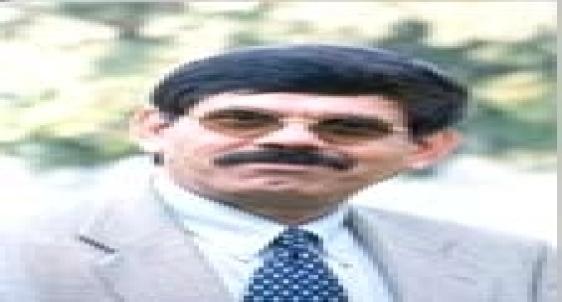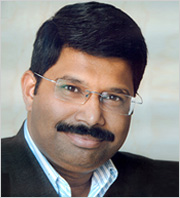
He also urged students to make the maximum use of the unprecedented opportunity available, “Your education equips you with a trained intellectual capacity and critical judgment. And as a resurgent India becomes a global pivot, your advantage is greater than any previous era. The world today needs India’s leadership in its march towards prosperity,” he said.
Dr Singh started his address with welcoming chief guest Mr Kishore Biyani. “We are indeed privileged to have Shri Kishore Biyani with us today. Mr Biyani has steered his group to national and international recognition, and the group enjoys today a number of firsts. In 2001, Shri Biyani created and evolved a pan-Indian, class-less model – Big Bazaar…. Shri Biyani prides in being an Indian and advocates ‘Indianness’ as the core value driving his group. His belief in continuous ‘introspection’, learning, unlearning, and re-learning all the time, has made him achieve the heights of success at such an early age in life.”
Dr Singh acknowledged the presence of Mr D S Brar Chairman, Board of Governors, IIML who is also Chairman, GVK Services Private Limited. He also thanked Mr Hari Shankar Singhania, who was chairman of BoG and IIML Society for 15 years and who laid down the charge of his office recently.
This year, 264 students of the 21st batch of IIM-L’s postgraduate program, 14 of the second batch of its postgraduate program in Agribusiness Management, 3 from the Fellow Program, and one student under the international exchange program passed out. There are about 2,900 IIML alumni now, Dr Singh.
On the launch of IIM-L’s new campus in Noida, this was what the honorable director said: “In February this year, we inaugurated the Academic Block of our campus at NOIDA. This marks an important milestone in IIM-L’s two-decade-long journey. Despite being one of the youngest IIMs, IIM-L is the first one to set up a second campus. We have plans to begin new programs at the Noida campus -- for working executives, entrepreneurs and professionals. A National Faculty Development Centre and Centre for Entrepreneurial Venture will also be set up at NOIDA. The institute’s three-year postgraduate program in management for working managers successfully entered in its second year with an intake of 64 in June 2006, at our Noida campus.”
Acknowledging a progress in international collaborations, Dr Singh said, “International academic collaborations with many partner institutions in Europe and North America gained further momentum during the year. We have international partnerships with 20 B-schools in 11 countries. This year, we had with us 21 students from our partner institutes.”
IIM L has made 145 research contributions in the form of books, published papers, conference/seminar papers, case studies etc this year. The institute is also focusing on management development programs: 72 such programs for 1,550 top and senior level management executives were conducted during the year.
Addressing the students passing out of IIM L, Dr Singh reminded them of challenges ahead: “You are members of a highly select group who enjoys the privilege of high quality education. Now, armed with a management degree, you are stepping out into a world that is changing faster than ever before. More than an economic advantage, your education equips you with a trained intellectual capacity and critical judgment.” He added: “In the 21st century, the eyes of the world are keenly watching India as it breaks the shackles of constraints to emerge as a vibrant economy on the global map.”
He ended his speech by urging future managers to manage themselves first: “As managers of the future, it is critical for 'you to manage yourself'. The reason is that unless the manager reaches a level of excellence and effectiveness that sets him apart from others whom he is managing, he will merely be a face in the crowd and not a leader. You need to separate right from wrong as a German proverb aptly puts it: What is the use of running if you are not on the right road?”



























